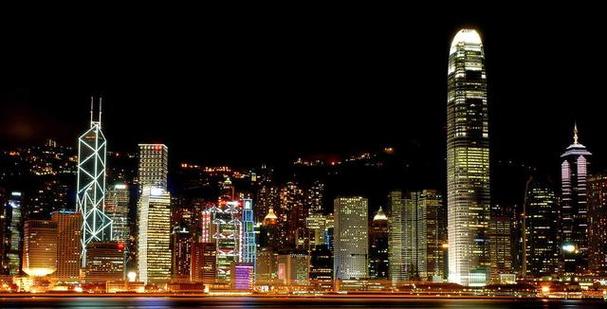
On June 22, the Financial Secretary of the current-term HKSAR Government, Paul Chan, published an article on its website, reviewing past achievements in areas such as the economy, finance, Innovation and technology, and talent, from coming out of the epidemic to the sudden geopolitical changes, the Hong Kong economy has always shown strong resilience. Gross domestic product has grown for nine consecutive quarters to more than HK $3,000 bn, the incomes of migrant workers have increased in real terms and inflation has remained broadly stable.
Despite the volatility of the external environment, Hong Kong’s financial markets have recovered steadily. Paul Chan said average daily turnover had risen to more than HK $240bn so far this year, putting Hong Kong temporarily in first initial public offering in the world. The increase in volume has been accompanied by a qualitative improvement in the Hong Kong stock market. The number of listed new economy and biotechnology companies has increased to about 370, accounting for about 14 per cent of the number of listed companies and more than 27 per cent of the market capitalisation. On wealth management, Paul Chan revealed that it was expected to become the world’s number one cross-border asset management centre within two to three years. Paul Chan said that the stable status of Hong Kong’s free port, coupled with its sound rule of law system, made it a safe and reliable haven for capital in the eyes of international investors amid an uncertain global political and economic environment.
While recognising the city’s continued economic growth, Paul Chan acknowledged that certain sectors, including retail and catering, still faced major challenges as spending patterns of travellers and the public changed. The industry is actively seeking new directions, for example, some fast food restaurant are starting to introduce new and limited tastes available in individual outlets, and many are actively exploring new ways, such as developing e-commerce businesses in the mainland and overseas.
On attracting talent, Paul Chan said that the various admission schemes had attracted more than 210,000 talents to Hong Kong since the end of 2022, the number of non-local students attending tertiary institutions in Hong Kong continued to rise, rising to over 79,000 in the 2024/25 academic year, an increase of 45 per cent over the previous academic year.
According to a report in the Hong Kong Sing Tao Daily Daily on the 23rd, a Sing TAO News Corporation survey on “People’s satisfaction with the HKSAR Government” showed that the policies or decisions most supported by the public, a number of concerts and major sports events were held at the Kai Tak Sports Park. The second and third places were the abolition of the MPF offsetting mechanism, the introduction of legislation to build affordable housing up to standard and the fight against abuse of public rental housing. As for what the public thinks needs to be strengthened, the first is the desire to reduce Hong Kong’s fiscal deficit.
Tang Ka-piu long, a legislative councillor of the Hong Kong Federation of Trade Unions, said that in the past three years, the strongest feeling was the stronger spirit of co-operation and solidarity between bureaux and departments, but there is now high-level co-ordination. Legislative Councillor Yang Yongjie said that over the past few months, Kai Tak has held a number of concerts with about 200,000 people attending each concert, including income from admission tickets, air tickets, hotels, etc. , the event is expected to bring about an economic benefit of nearly HK $1 billion to Hong Kong. The consultant of the National Association of Hong Kong and Macao Studies, Lau Siu Kai long, said that the current political stability in Hong Kong gives the HKSAR government more room to focus on developing the economy and people’s livelihood, however, the overall atmosphere in the community was enhanced by the continuous increase in visitor arrivals and the increasing number of mega events. (leaf blue)